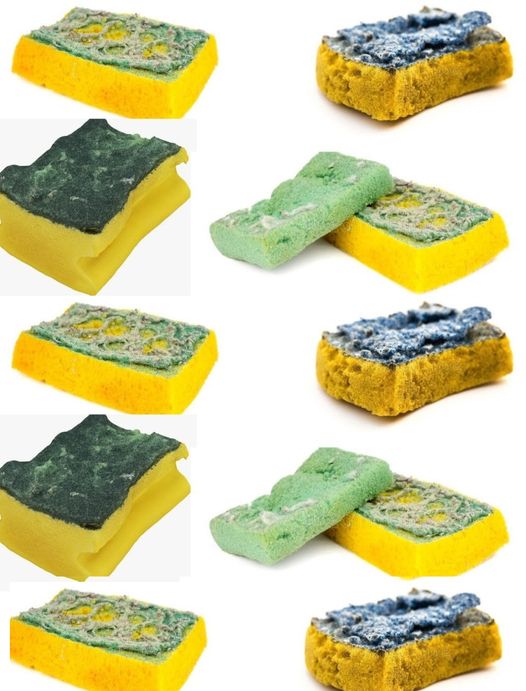To improve soil structure and promote better aeration, incorporate sand into your soil-sponge mixture. Sand helps create additional spaces between soil particles, allowing for optimal air and water circulation. This improved aeration promotes root growth by providing them with easier access to oxygen and avoiding soil compaction problems. Here’s how to do it:
Preparation of the mixture:
In a large container or bag, combine garden soil with the cut sponge pieces.
Add a quantity of sand to this mixture. The ideal ratio is about 1 part sand to 3 parts soil-sponge mixture.
Homogeneous mixing:
Mix everything well to ensure an even distribution of sand, sponge pieces and soil.
Make sure that the sand is well incorporated to maximize its beneficial effects on soil aeration.
By adding sand to your soil-sponge mix, you optimize the growing conditions for your plants, allowing them to develop stronger, healthier roots, and better withstand periods of drought.
Conclusion
In summary, recycling your old kitchen sponges can be a great way to help your plants grow better and more ecologically. Remember to disinfect your sponges, mix them well with the soil and use biodegradable sponges for best results.
So, the next time you’re thinking of throwing in an old sponge, remember this article and give it a second life in your garden.
If this article was helpful, feel free to share it with a friend who might benefit as well. After all, good ideas are shared!
See Reviews
The Benefits of Using Sponges in Gardening
Retain Soil
Moisture Sponges help the soil accumulate enough moisture without affecting plant development. They act as water reservoirs, absorbing excess moisture and gradually releasing it as the soil dries out. This helps to maintain a constant humidity level, which is crucial for healthy plant growth, especially in times of drought.
Protect the roots
Sponges provide extra protection to the roots, helping them to become stronger and healthier. By creating a stable and well-ventilated environment, sponges reduce stress on the roots, facilitating their development. In addition, sponges prevent roots from rotting by preventing excessive water accumulation, while providing a protective barrier against temperature variations and physical shock.
Are
all sponges suitable?
No, it is advisable to use biodegradable and non-synthetic sponges so as not to pollute the environment. Biodegradable sponges, made from natural materials like cellulose, break down without leaving toxic residues, unlike synthetic sponges that can release microplastics and other pollutants.
ADVERTISEMENT

